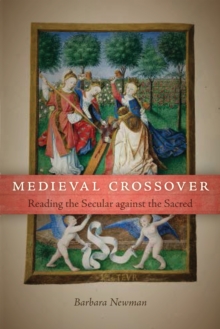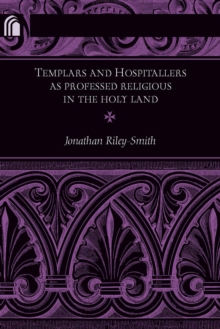
Politique : Languages of Statecraft between Chaucer and Shakespeare Paperback / softback
by Paul Strohm
Part of the Conway Lectures in Medieval Studies series
Paperback / softback
Description
In this book Paul Strohm shifts his recognized talent for textual and cultural analysis to the later fifteenth century, arguing that England experienced its own "pre-Machiavellian" moment between 1450 and 1485.
These turbulent decades encouraged new pragmatic discussions of political policies of a sort not previously seen and not to be seen again until the middle of the sixteenth century.
Strohm contends that England had no need to await the writings of Machiavelli to find its voice in matters of practical statecraft and political calculation.
In support of this thesis, he analyzes a range of mainly vernacular fifteenth-century English political texts along with several contemporary writings from Burgundy, France, and Italy.
The writers of these texts are unsentimental, shrewdly informed, and keenly concerned with political practice in the world. Intricately connected with this new discussion of worldly politics is a revised, and more hopeful, view of the individual’s relation to Fortune and her operations.
Emergent in the English fifteenth century is the possibility that the prudent prince can effectively "Fortune-proof" himself by the exercise of foresight and the qualities of vertue—a trait remarkably anticipatory of its Italian and Machiavellian counterpart, virtú.
This view is introduced to England by the poet John Lydgate and flourishes in the second half of the fifteenth century.
In addition to Lydgate, Strohm looks at the imaginative accomplishments of other undercredited writers such as Fortescue, Pecock, Whethamstede, Warkworth, and the unnamed authors of Somnium Vigilantis, Historie of the Arrivall of Edward IV, and the Great Chronicle of London.
He also offers an appreciation of the collective linguistic and symbolic endeavors of those in the fifteenth-century public sphere. This detailed and rich study, which is based on the 2003 Conway Lectures Strohm delivered at the University of Notre Dame, contributes to the fields of medieval and early modern studies, medieval literary criticism, and political philosophy.
Information
-
Available to Order - This title is available to order, with delivery expected within 2 weeks
- Format:Paperback / softback
- Pages:312 pages, 2 Halftones, unspecified
- Publisher:University of Notre Dame Press
- Publication Date:03/05/2005
- Category:
- ISBN:9780268041144
Other Formats
- Hardback from £86.05
Information
-
Available to Order - This title is available to order, with delivery expected within 2 weeks
- Format:Paperback / softback
- Pages:312 pages, 2 Halftones, unspecified
- Publisher:University of Notre Dame Press
- Publication Date:03/05/2005
- Category:
- ISBN:9780268041144










